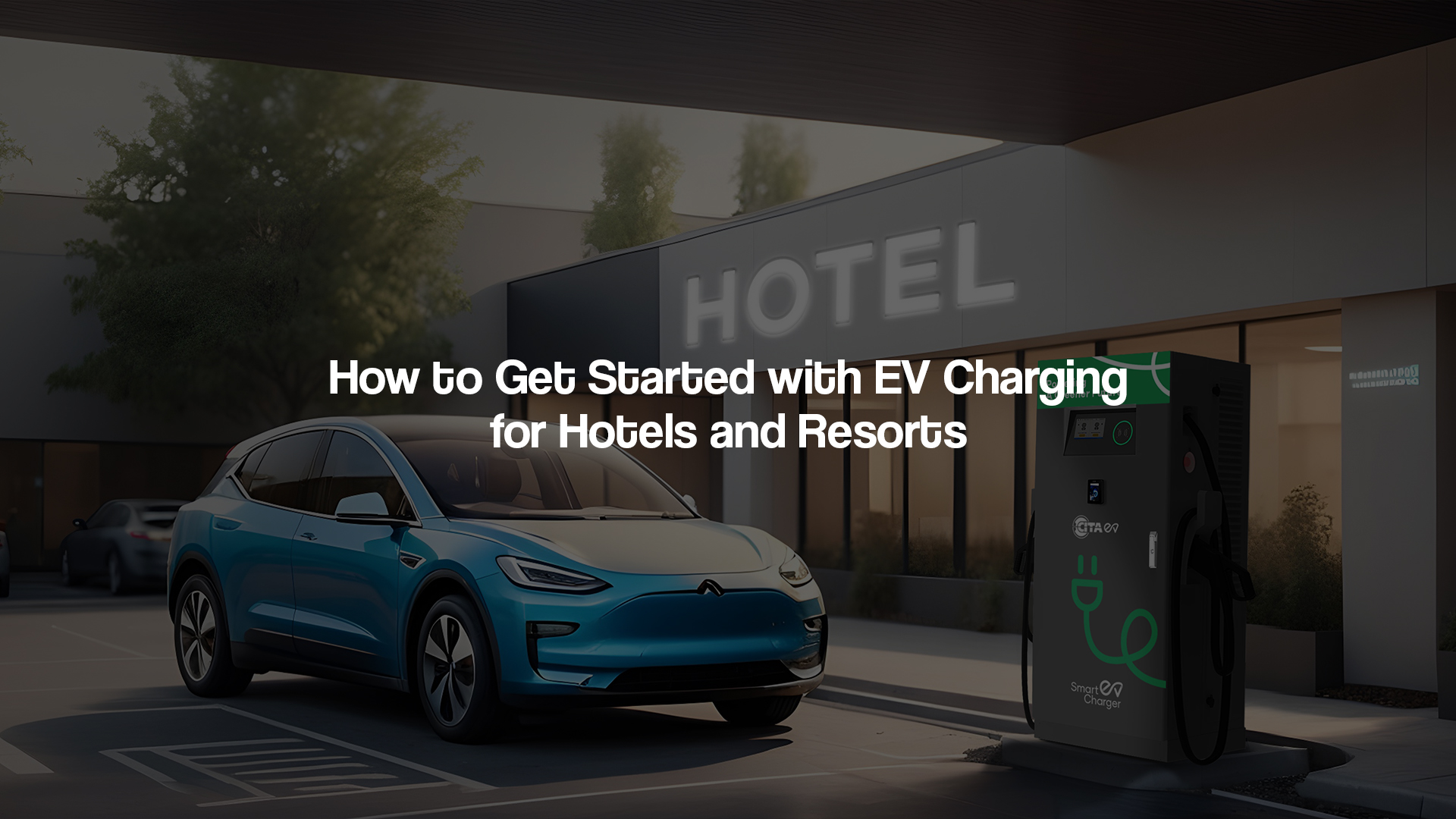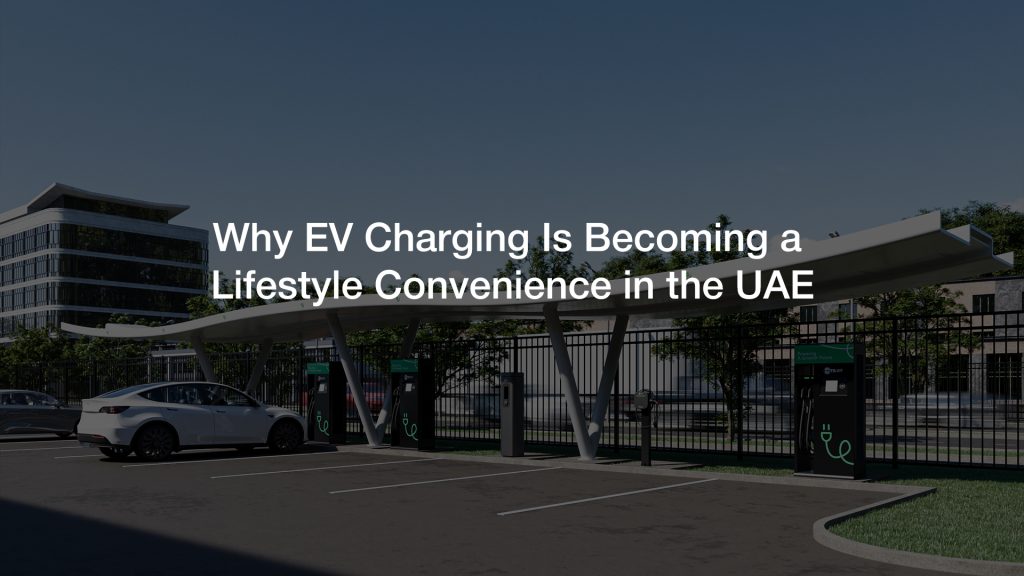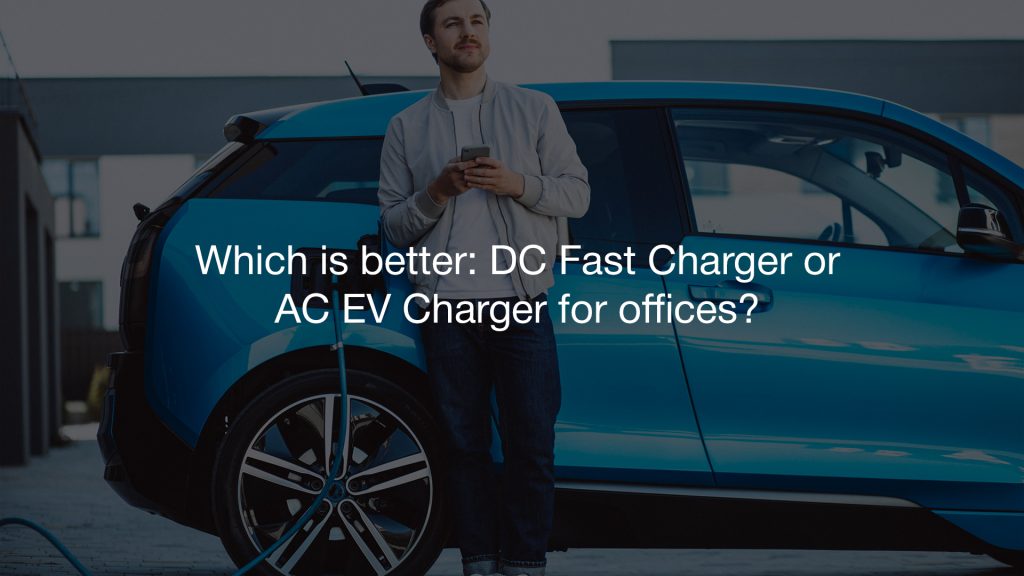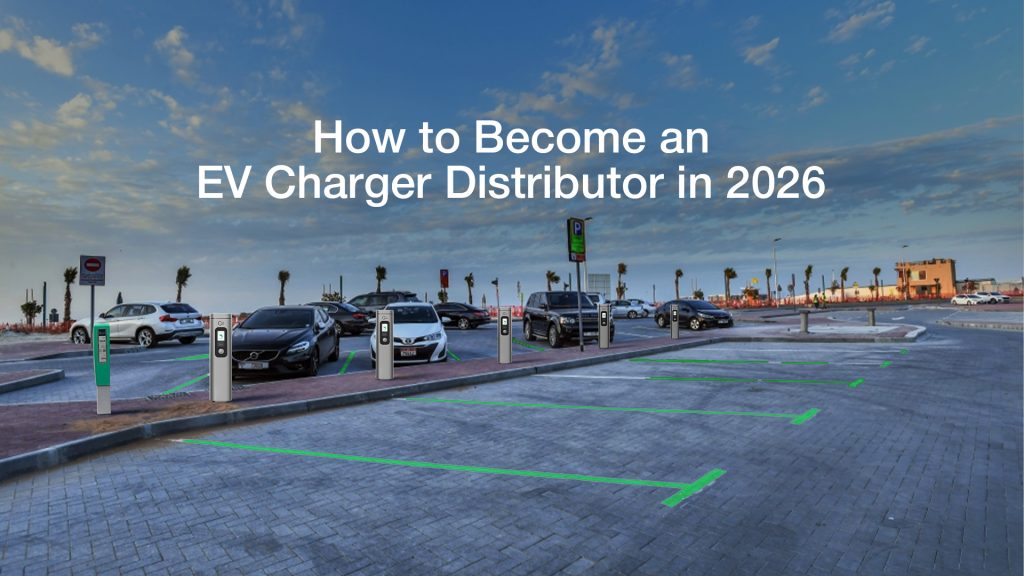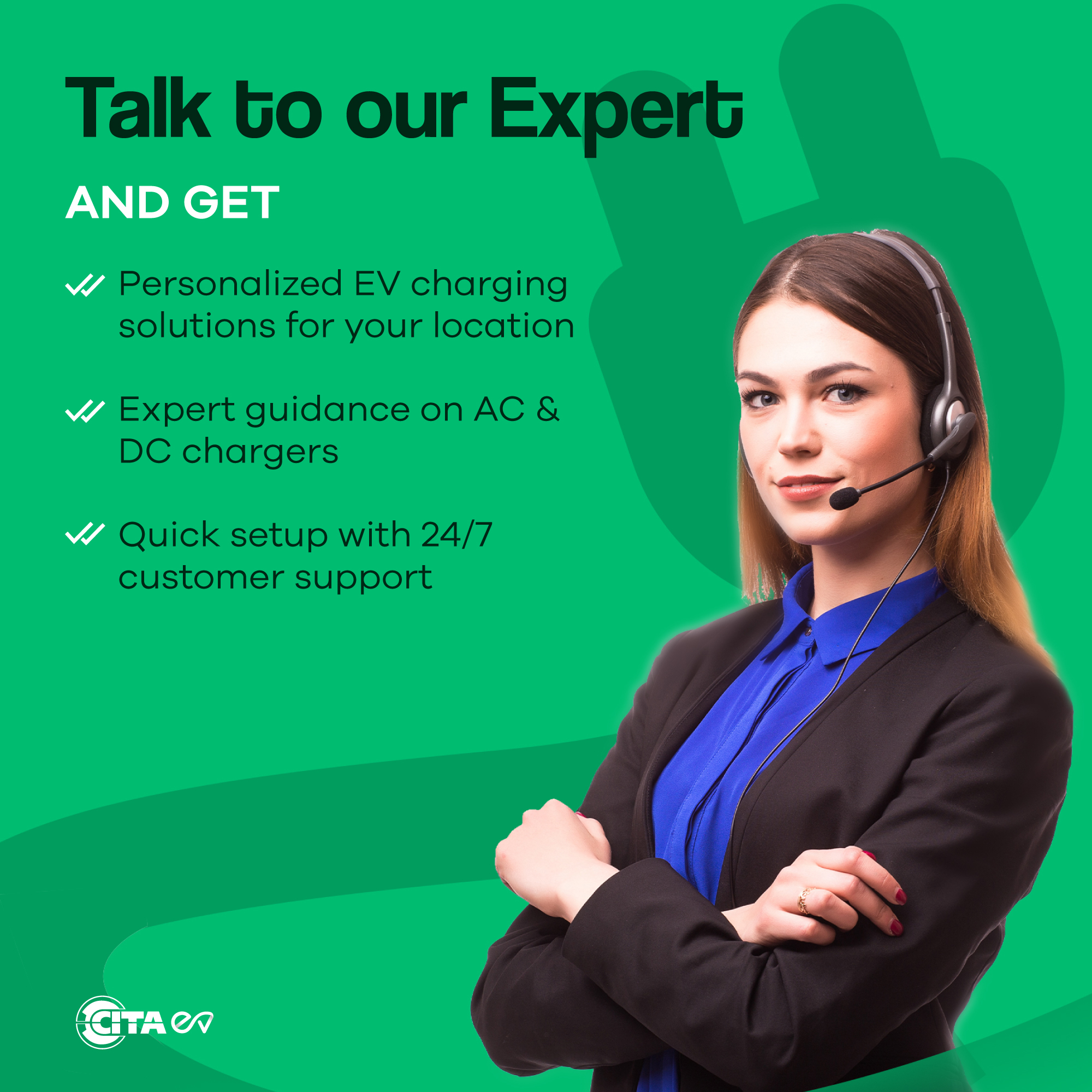Installing a Home EV charger in your UAE property is no longer a luxury – it’s quickly becoming a necessity. As of the first quarter of 2025, Dubai alone has surpassed 40,600 registered electric vehicles, and the UAE plans to have 50% of all vehicles electric by 2050.
With such rapid growth in EV adoption, the demand for fast, safe, and smart EV chargers is soaring. But here’s the thing: not all charging solutions are created equal.
Choosing the right setup can impact your convenience, electricity bills, and vehicle lifespan. Get this decision right, and you’ll enjoy stress-free charging every day.
What Should You Know Before Installing a Home EV Charger in the UAE?
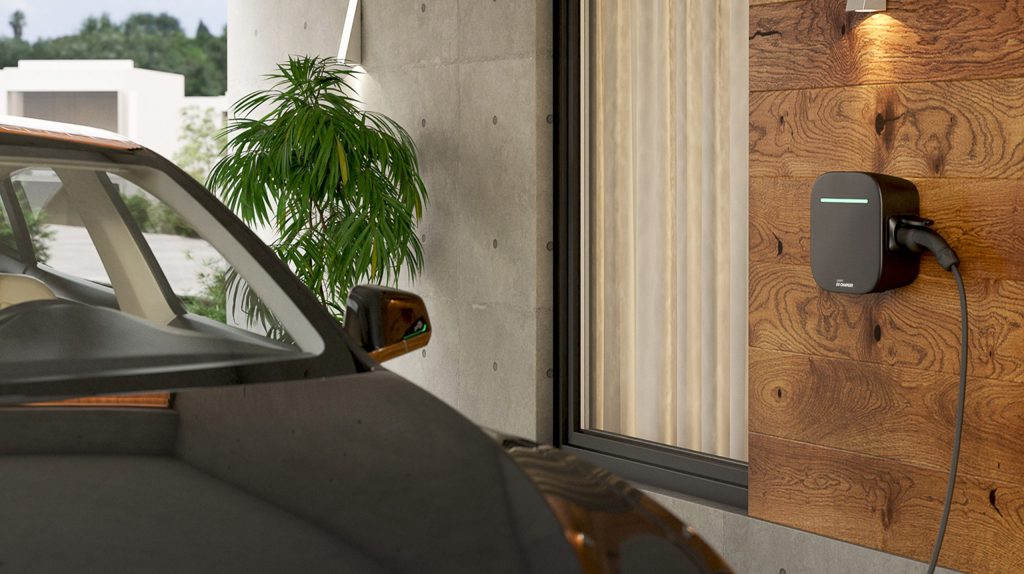
Before installing a home EV Charger in your Dubai property, it’s important to ask the right questions. This ensures you’re not just buying a product but investing in a future-proof, government-approved, and user-friendly charging solution.
These questions reflect common concerns from UAE residents who want reliable and efficient EV charging options at home or in their parking spaces.
1) Is the EV charger approved by UAE authorities like DEWA or ADQCC?
Only use Certified EV Chargers that meet UAE regulatory standards. DEWA in Dubai and ADQCC in Abu Dhabi approvals aren’t just paperwork – they indicate the EV charger has passed strict safety and performance tests.
This is especially important for avoiding any installation or operation issues. Non-approved units may be rejected during inspection or lead to safety violations.
Click to learn more about the EV charger regulations.
2) What charging capacity do I need for my Home chargers: 7 kW, 11 kW, 22 kW?
The right EV charger capacity depends on your car’s battery and how fast you want it to charge. For most homes, a 7kW or 11kW smart EV charger is sufficient.
However, larger batteries or future EV models might benefit from 22kW chargers, especially in villas or offices. Also, consider if you’ll be charging multiple vehicles or planning for guest usage – it might justify a higher-capacity setup.
Your daily driving habits, average charging time, and electricity tariff should also factor into this decision.
3) Can my home handle an EV charger, or will I need to upgrade my electrical system?
Before installing a home EV charger – especially higher-capacity ones like 7 kW or 22 kW – it’s important to assess whether your home’s existing electrical setup can handle the extra load.
A licensed electrician can perform a full load calculation to evaluate your main panel’s capacity.
This is especially important in regions like the UAE, where air conditioning already places a heavy demand on the system. Skipping this step could lead to frequent tripping or even electrical hazards.
Skipping this step could lead to frequent tripping, slower charging, or even electrical hazards. A capacity upgrade may be a one-time cost but helps avoid long-term issues.
4) Where will the EV charger be installed: indoor or outdoor?
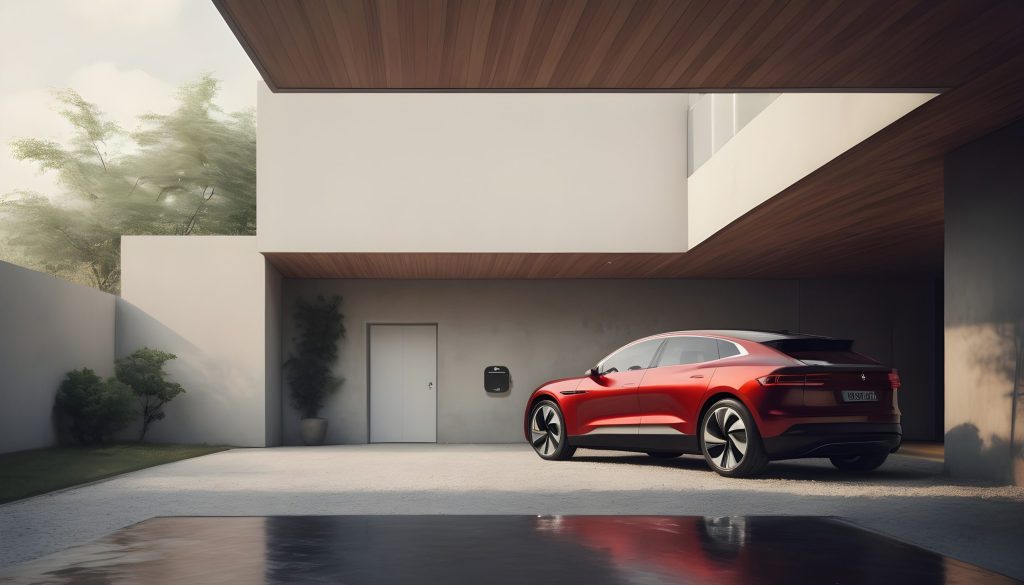
The UAE climate demands durable equipment. For outdoor setups, choose IP65 & IK10-rated EV chargers that can resist sand, humidity, and intense sun.
Even for covered garages, it’s safer to go with weatherproof models. Also, consider cable length and user accessibility – outdoor spaces may require flexible mounting or protective covers.
Proper installation in the right location ensures your charger stays reliable and protected year-round.
5) Do I want a wall-mounted or pedestal charger?
Space and convenience matter. Wall-mounted EV chargers are ideal for private garages or villas, while parking lot EV charger setups may require pedestal-mounted options.
The choice depends on the number of vehicles, layout, and access points. Think about the future – will you add another EV? Will guests need access? Plan for expansion if possible.
Plan for expansion if possible, and choose a modular system that allows easy upgrades or repositioning if needed later.
6) How much does installing a home EV charger really cost?

Installing a home EV charger typically costs between AED 3,000 and AED 7,000. This includes the charger unit, professional installation, basic wiring, permits, and any minor electrical upgrades.
Costs may rise if your main panel needs upgrading. It’s best to get a site survey for an accurate estimate.
Also, ask if post-installation testing and certification are included in the price to avoid future issues.
7) What safety features should I look for in a home EV charger?
Certified EV Chargers come with built-in protections like surge protection, thermal cut-off, leakage detection, and emergency stop features.
These safeguards protect both your car and your home’s electrical system from unexpected faults. Look for features that align with UAE safety codes, and make sure they’re tested under local environmental conditions.
Added features like real-time monitoring or auto power-off during faults can provide extra peace of mind.
8) Will the charger be compatible with future EV models?
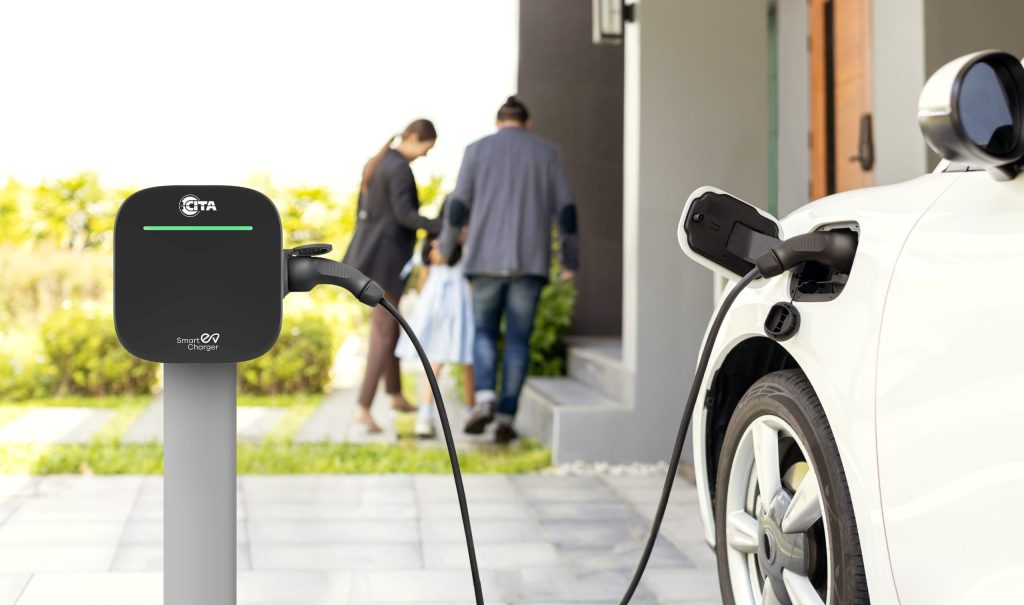
You may upgrade your EV in a few years. It makes sense to install a home EV charger compatible with most electric vehicles. Universal EV chargers with Type 2 connectors ensure that your investment won’t become obsolete.
Some home EV chargers also allow firmware updates for future compatibility – ask your provider if that’s included.
Compatibility with both existing and upcoming EV brands ensures long-term flexibility and value.
9) Who will handle the installation, and is it supported locally?
Avoid DIY installation.
Choose a provider that offers certified technicians for installing a home EV charger, including permits and testing. In the UAE, local support is crucial to comply with government standards and for quick issue resolution.
Plus, a locally based installer can offer faster maintenance visits, upgrades, or troubleshooting if anything goes wrong.
It also means faster turnaround if you need assistance or part replacement.
10) What is the warranty and after-sales support like?
A long-term warranty gives peace of mind. CITA EV Charger offers a 3-year warranty (extendable), which is excellent by market standards. Continuous support ensures that help is just a call away – important when you rely on daily EV usage.
Don’t overlook the value of responsive after-sales service, especially if you depend on your EV charger for daily commuting or business travel.
Check if the provider offers real-time support, remote diagnostics, and replacement service during the warranty period.
Choosing the Right Partner for Your EV Charger Installation in the UAE
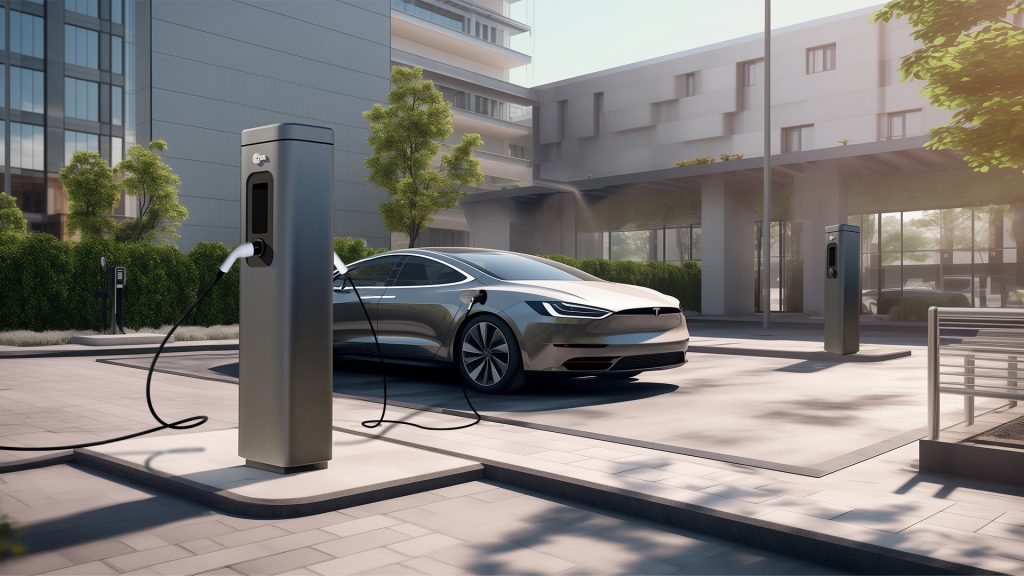
When it comes to installing a home EV charger in your UAE property, partnering with the right brand makes all the difference.
CITA EV Charger is a leading home EV charger manufacturer in the UAE, offering both AC and DC solutions that are DEWA and ADQCC approved, tested, and trusted across 35+ countries.
Whether you’re looking for a 7kW, 11kW, or 22kW smart EV charger, CITA EV Charger has you covered. Our AC chargers come with IP65 & IK10 ratings, are compact in design, and supported by a user-friendly mobile app. We offer a 3-year warranty, extendable upon request, and provide full installation support across the UAE.
With 1000+ satisfied users and uninterrupted customer care, CITA ensures you get a seamless and secure EV charging experience from day one.
Thinking of getting your EV charger in Dubai today? Smart move – reliable charging starts with the right product.
Looking for a certified home EV charger across the UAE? We’ve got trusted options ready for you.
Want to explore before you buy? Schedule a demo with CITA EV Charger now and see how it fits your needs.



